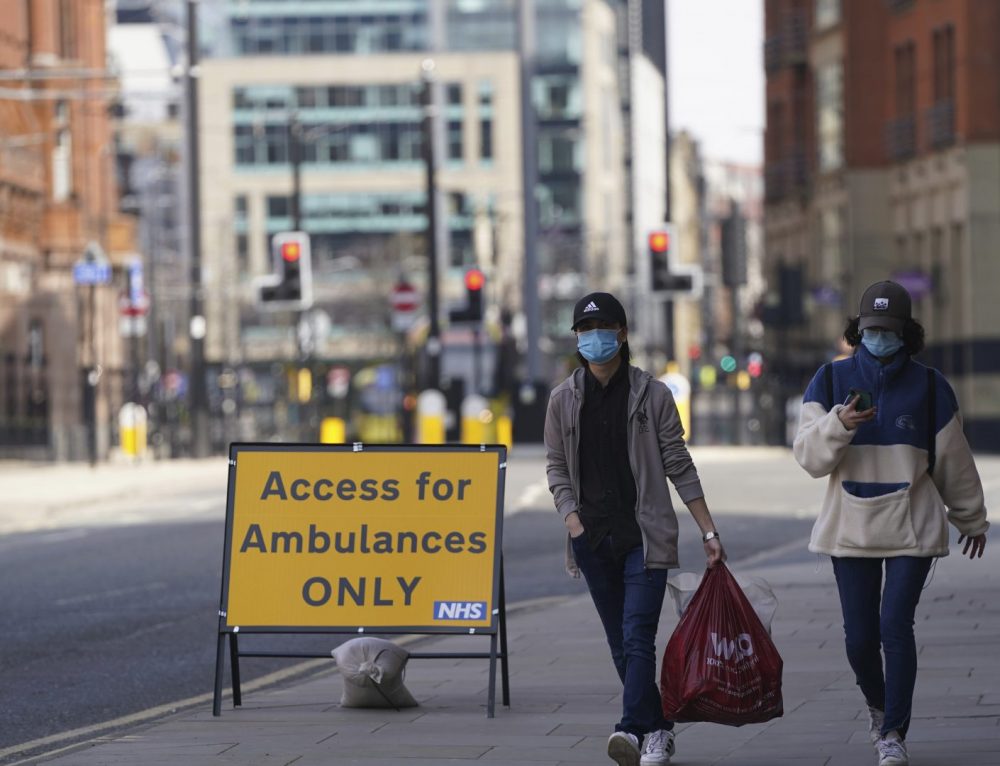Top executives on political risks discuss the changes that have been creeping around the world.
“History is now on fast forward,” Robert D. Kaplan, managing director at Eurasia Group, said during a separate teleconference hosted by the Council on Foreign Relations. Why? Well, you know.
Coronavirus has turned shocking effects to household consumption patterns and business patterns that echo in the global supply chains and the way we took about our everyday life. “And this one seems to be having a bigger imprint on society,” Kaplan continues, meaning that many of the changes to the world order that have been slowly creeping in will now be accelerated. “This is globalization 2.0.” Most importantly, there will likely be a retrenchment of globalization and international cooperation combined with further cementing of a winner-takes-all climate in which the biggest and most powerful companies and countries bowl over and eliminate smaller competitors.
With the new outbreak, analysts warn that the impact on the developing world is going to be significantly more severe than the impact it has on the industrialized world. The needs of Africa, Latin America and the Middle East pain to be far greater than the capacity that the IMF and other international aid institutions have the ability to meet, even more so if the virus tuns deeper in poorer, developing countries that don’t have the same ability to take social distancing measure because of limited technology and much larger household sizes, Kaplan added. “These nations are between a rock and a hard place. Governments will really be squeezed.”
A whole new world
Torsten Slok, chief economist at Deutsche Bank Securities, predicts the post-virus world will include a more risk-averse public that prioritizes savings, “similar to what we saw after the Great Depression in the 1930s,” per Axios. Among his other predictions for “the new world”, Slok sees the following:
- More space between seats at restaurants, cinemas, sporting events and the like, meaning fewer people.
- Less vacation and business travel, coupled with more global government restrictions, at least until a vaccine is developed, cutting back consumer and business spending.
- Fewer stock buybacks and lower dividend payments.
- Regulations forcing households and corporates to hold potentially three months of cash in emergency savings.
- A significant increase in the supply of government bonds, risking a debt crisis.












